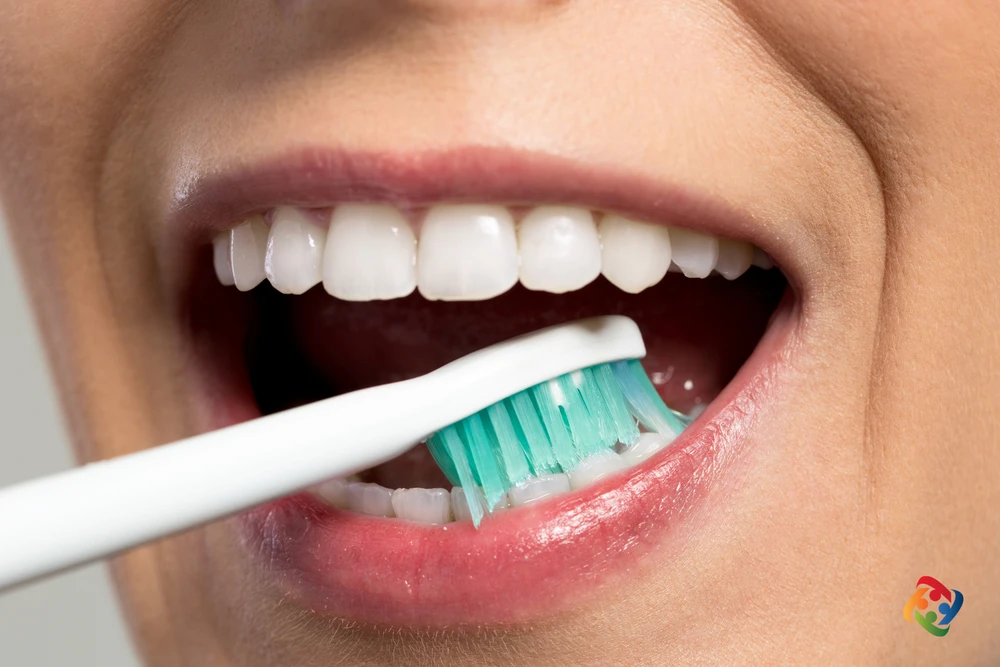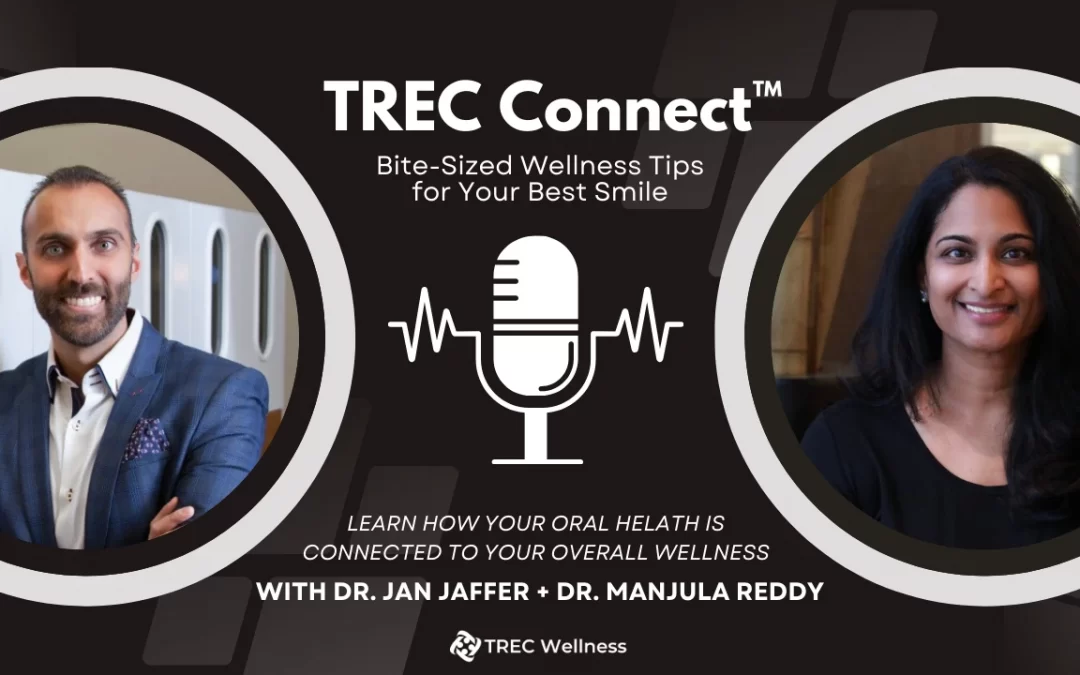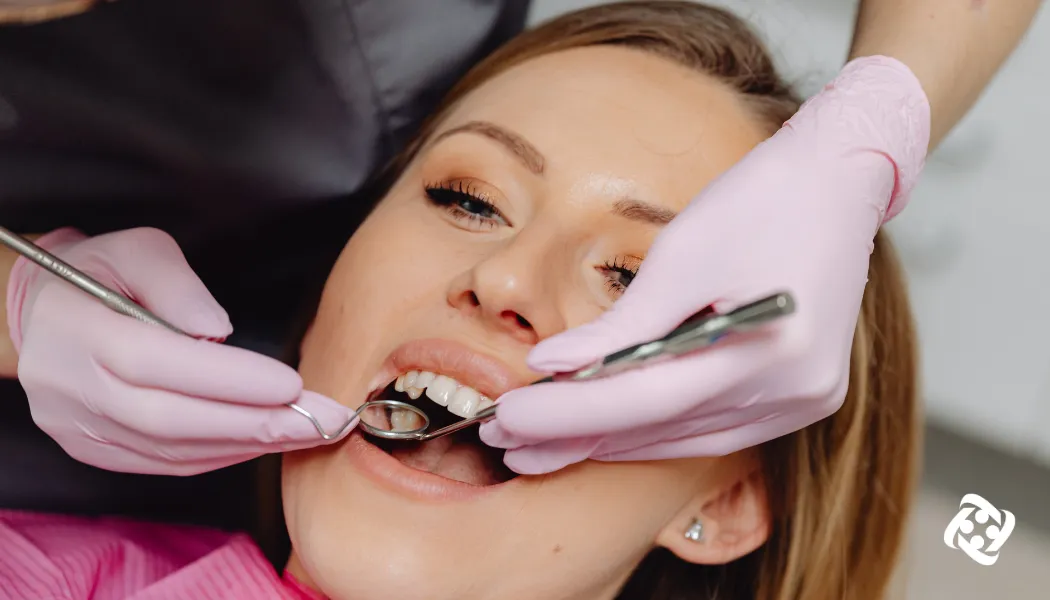
Beyond the Brush: Understanding Gum Disease and the Power of Nutrition
Healthy gums are the foundation of a beautiful smile, but they are also a gateway to your overall health. Many patients don’t realize that gum disease is a progressive condition that moves through distinct stages. Recognizing the shift from a reversible irritation to a chronic infection is the key to protecting your teeth for a lifetime.
Gingivitis is the earliest stage of gum disease, typically caused by the buildup of plaque, a sticky film of bacteria (biofilm), along the gum line. Because it isn’t always painful, many people overlook the signs. You might notice that your gums look slightly red or puffy, or you may see a “pink toothbrush” caused by gums that bleed easily during brushing or flossing.
The good news is that at this stage, the bone and fibers holding your teeth in place are not yet affected. Gingivitis is completely reversible with professional dental cleanings and a commitment to improved home care. It is your body’s way of asking for a little extra attention before permanent damage occurs.
If gingivitis is left untreated, the inflammation can progress into periodontitis. At this stage, the plaque hardens into tartar (calculus) and spreads below the gum line. Your gums begin to pull away from the teeth, forming deep “pockets” that trap even more bacteria and infection.
Unlike gingivitis, periodontitis involves the loss of the bone and connective tissue that support your teeth. While we can treat and manage periodontitis to stop it from getting worse, the bone loss that has already occurred is usually permanent. Chronic bad breath, receding gums, and loose teeth are all signs that the disease has reached this more serious phase.
While brushing and flossing are you first line of defense, your diet plays a massive role in how your body handles inflammation. A “pro-inflammatory” diet can make gum disease more aggressive and slower to heal. By choosing the right foods, you can help your body fight infection and repair damaged tissue.
Foods that Heal: To lower inflammation, focus on Omega-3 fatty acids found in salmon, walnuts, and flaxseeds, which help “switch off” the body’s inflammatory response. Vitamin C is also vital; found in citrus, bell peppers, and broccoli, it helps repair connective tissue and boosts your immune system. Additionally, leafy greens like spinach provide folic acid, which supports the health of your gum cells.
Foods to Limit: On the flip side, refined sugars and processed carbohydrates are the primary fuel for the bacteria that cause plaque. Sugary sodas, candies, and white breads can trigger “spikes” in inflammation throughout the body. Even sticky starches like crackers can be problematic, as they cling to the teeth and provide a long-term food source for harmful bacteria.
The transition from gingivitis to periodontitis often happens silently. By combining diligent oral hygiene with a diet rich in whole, anti-inflammatory foods, you aren’t just saving your teeth, you are supporting your heart and your overall longevity.
If your gums have been tender or bleeding lately, don’t wait for the symptoms to disappear on their own. Early intervention is the best way to ensure your smile stays healthy and intact.





